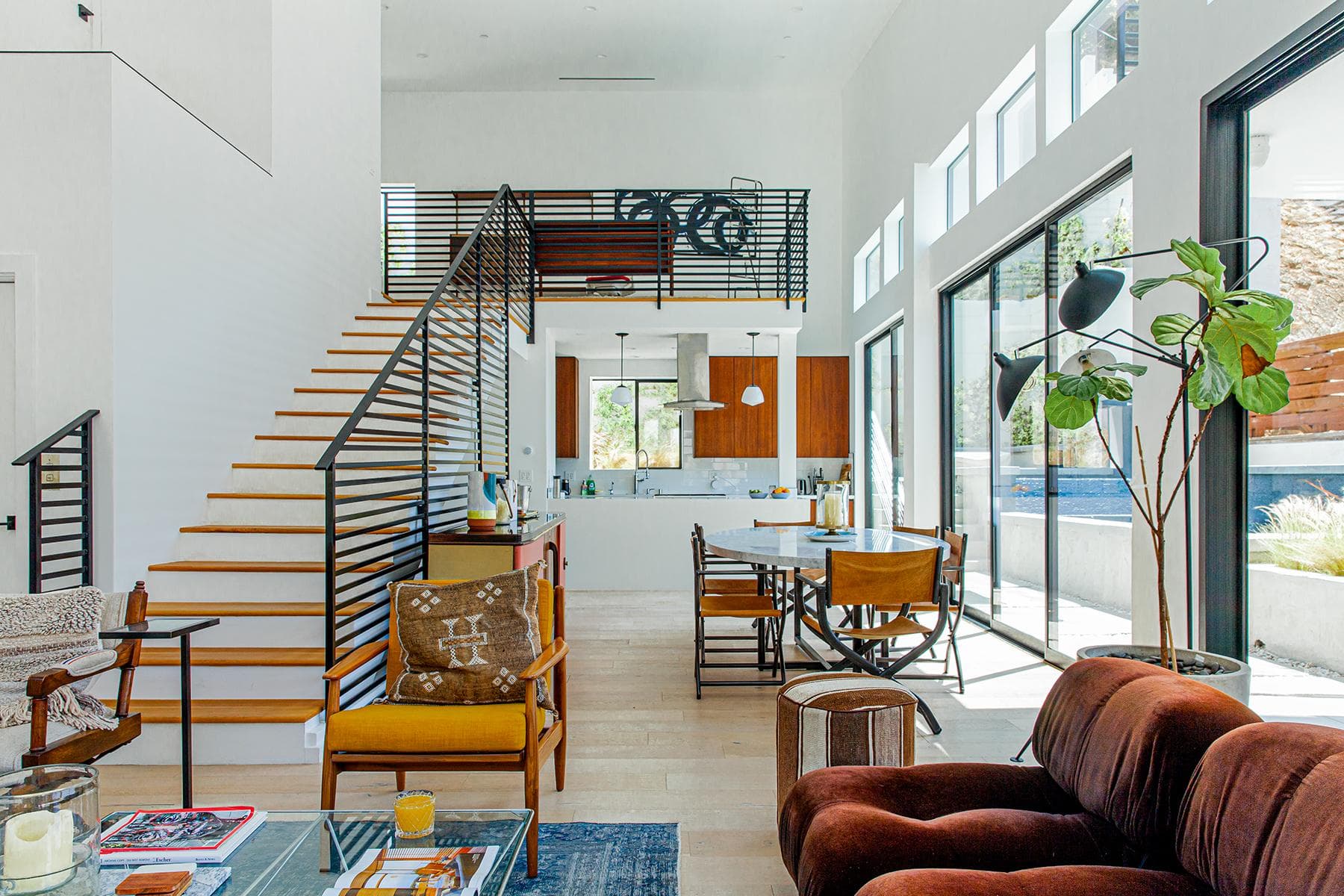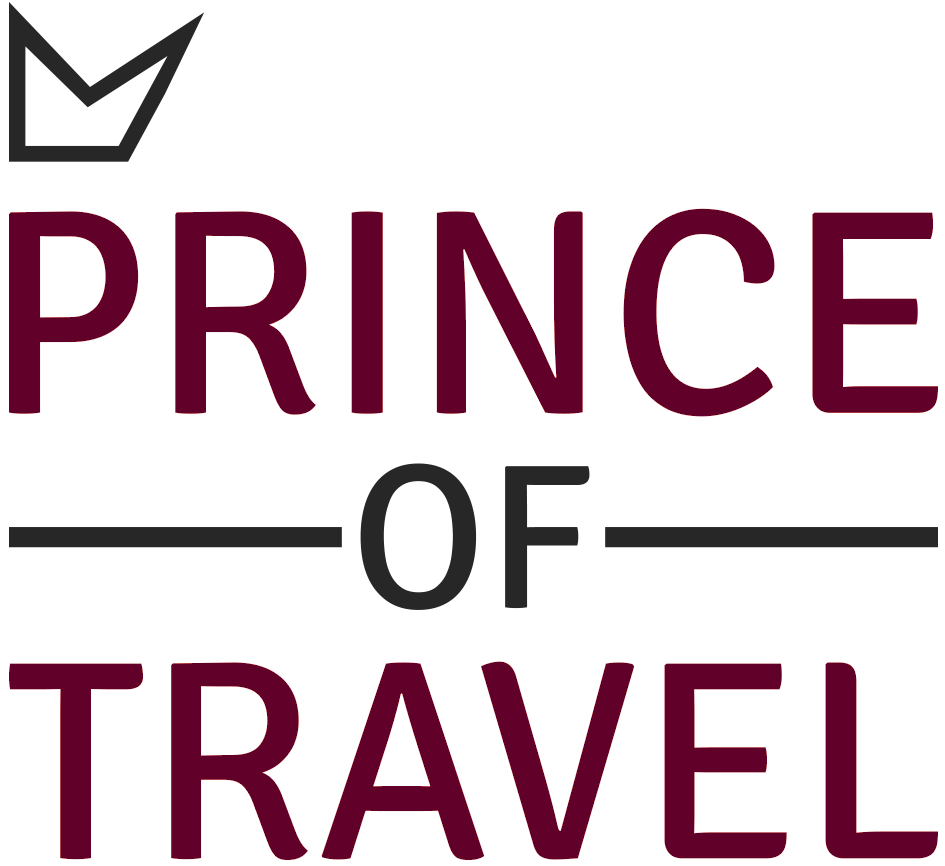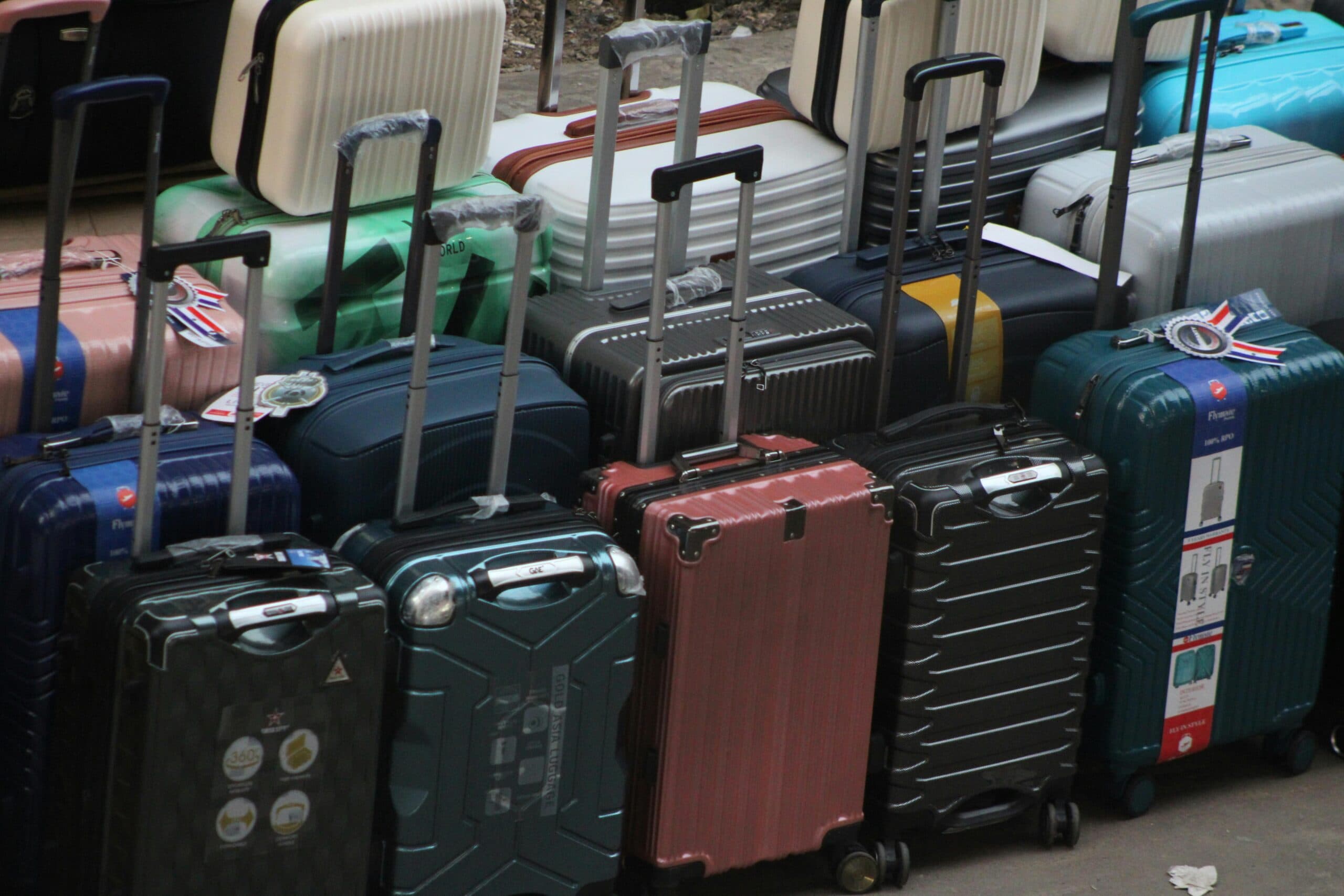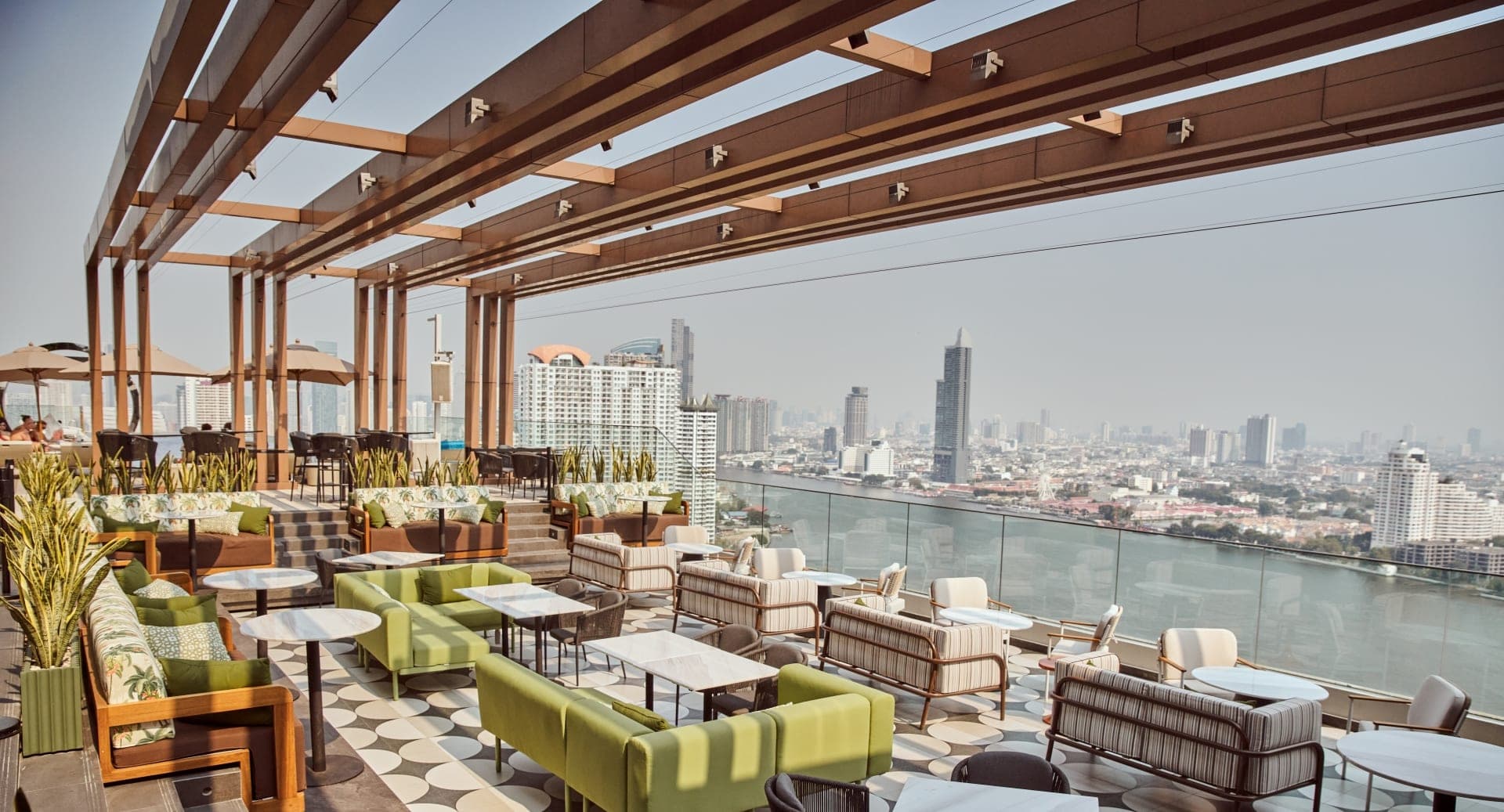Airbnb… or Air Buyer ‘N’ Beware?

Today, I want to write for you one of my no-nonsense hot takes on a subject I feel strongly about: Airbnb.
Spoiler alert: I, personally, am not a big fan of their company – but I am a fan of their product, and I do encourage budget-conscious travellers like myself to use it.
For those of you who are unfamiliar with Airbnb, it started as a company that permitted property owners (“hosts”) to rent out their houses or spare rooms to visitors for a price below a standard hotel or “bed and breakfast” casual lodging; hence, it conjured BnB’s from “air”. Today, the company is absolutely enormous and one of the most popular options for travellers to book lodgings on their trips.
Disclaimer: In the interest of fairness, I also want to state that I’m biased as hell. In the scorching summer of 2017, I visited the Balkans around the former Yugoslavia, and stayed at a quaint apartment in Belgrade where I was dinged with a low guest-score review for the cardinal sin of not turning off the air conditioner before departing.

This has soured my taste at the platform, as that single mishap made me a no-stay guest on the platform until the negative review dropped off my profile. If I had saved copies of the annoyed skewering I received from the host, be sure that they would be shared here for your amusement.
Caveat Emptor: Buyer Beware
I’ll be frank: the bad review I received was completely my fault. I should have been more sensitive to the fact that in a country like Serbia, where people make just US$1,500 per month, racking up a careless electricity bill such as mine could make my host’s life very unpleasant.
Also, this does prove a quirk of Airbnb. Just like Uber is similar to a taxi service, but still rates you as a rider, Airbnb rates you as a guest. So whilst the Hilton might cut you some slack for a rancorous room party and not blacklist you from their properties (but charge a cleaning fee), on Airbnb, other hosts can see how you’ve behaved in the past, which can result in a de facto blacklist (which I experienced myself for a while).
So this brings us to the basic issue: when booking Airbnb, you have to do your research. The platform itself is ergonomic, simple – it makes booking a breeze, because they’ll often ask you to pay up front, bringing money into the platform and to the hosts – and the selection is fantastic. But there’s the rub: if you don’t do your due diligence, you could wind up with a bad host, a bad neighbourhood, ruined property, or a situation where, like me, you break one of your host’s rules out of pure ignorance.
So: on Airbnb, buyer beware. Research your host. Understand the property’s rules. Look up the property on Google Maps. Have a backup place to stay if things fall through. Don’t book somewhere with a “no cancellations” policy you overlooked because you didn’t read the fine print – and even if cancellations are available, make sure you know what the host’s policies are.

The Pros
I could pontificate endlessly on relative pros and cons, or the values of points vs. cash, or the calculations of cents per point when one redeems Marriott Bonvoy or Hilton Honors points.
But to keep things brief, I see three major benefits to Airbnb that I want to illustrate. First, let’s look at cold hard cash in the example city of Manila, Philippines (a decently budget-friendly destination):

Marriott, the program we all love using in Canada because it’s the only type of points we can really meaningfully accrue, offers the above for a total of 6,712 pesos, or $184 (CAD) per night. The room does look nice, and it’s in a great area – but that’s pretty much North American pricing in exchange for the brand name and some Bonvoy points.
Let’s compare that to AirBnb:

These prices are in CAD, so that means this is $80 less for a luxury apartment in Manila! And by the way, this was the most expensive Airbnb I could find in the city, yet still I’d easily rate it as nice as many of the suite options you’ll get at a major hotel chain. And for that price, it would be hard to choose to pay cash for the Marriott when this is available.
And this is the biggest advantage of Airbnb: selection of a variety of incredible properties at a lower average price because hosts are in competition with one another and with the major hotels.
(A word of caution, though: doing your research should also include pricing. There are some locations where the difference between hotels and Airbnbs are negligible. For example, while researching this article I noticed that in many expensive tourist destinations such as Tokyo and Dubai, many nice hotels sold rooms very cheaply, so don’t blindly expect Airbnb to always be the more frugal option. Always compare prices first.)
The second edge that Airbnb offers is something that’s of enormous value when I’m travelling with my friends, many of whom are much more miserly than myself: the option to book entire houses.
You could be going for a fishing trip, a couples’ retreat, maybe even a stag or doe party – regardless, it’s hugely convenient to be able to book an entire household. It also doesn’t hurt to be the person who volunteers for the strenuous task of a $2,000 booking on your newest credit card and getting reimbursed later. 😉
Let’s look at an example from the scenic Lake-of-the-Woods in Northern Ontario. This is a gorgeous region I had stopped in when moving from Toronto to Edmonton, and I can’t wait to return there one day with some friends to try and perform a (hopefully more sober) reenactment of the second American Pie film:

The above property is a cabin complex that hosts up to 16 and overlooks the lake with its own beachfront. How much does it cost? Well:

For $533 a night all-in, I think that’s a pretty good deal. Even if you have only eight of the sixteen guests you’re permitted, you’ll be spending about $67 each a night for lodging. Load up some coolers with BBQ supplies and buy a few cases of beers, and this will be an unforgettable time at the price. With gas thrown in, you could easily have an unforgettable weekend for $130, which won’t even buy you dinner for two at most swanky restaurants.
The best part of these types of accommodations is there aren’t many comparable products on the market. Some high-end hotel chains do offer chalets – heck, Ricky’s been to one. But something tells me it wasn’t cheap, even when paying with points. On top of that, I think there are dozens of similar properties comparable to this one sprinkled around Canada, and using the Airbnb platform to find them takes the guesswork out.
Last but not least, the thing I’m happy with Airbnb for is that they’ve heard the customer complaints and have acted accordingly. By all accounts, customer service is improving.
They’ve caught a lot of flak on their customer service over the years, especially surrounding the various scams on the platform, but more on that in a moment.
That being said, they’ve really taken steps to making the fees and policies of various hosts more accessible. Airbnb appears to also be cracking down on hosts who are trying to run scams, ensuring there’s better verification, and backing guests who experience problems.
To give you an anecdotal example that was not an option with the platform when I first used it in late 2015, a good friend of mine booked a property in Australia being run by a con artist.
The individual didn’t want to meet him at the appointed location, and there was no house at the address listed when my friend arrived. My buddy called Airbnb, who told him to wait at a local cafe. After half an hour, they cancelled the reservation, refunded 100% of the money, and comped him his beers, to boot. He booked into a motel a much happier man.
The Cons
My biggest qualms with Airbnb can be summarized in 3 words: scams, scams, and scams. Let’s use some more comparative pictures, in this case “Airbnb scams” on Google…

…vs. “Marriott scams” on Google.

Notice a difference? For me, the most obvious fact is that the Marriott (and, indeed, most major hotel chains’) scams arise from hucksters trying to pass themselves off as the Real McCoy and use confidence to phish for credit card numbers and money. Compare that to Airbnb scammers, who are hosts permitted to post on the platform, who then use the same platform to attempt to rip you off.
There’s so many kinds of rip-offs that I’d need an encyclopedia to catalogue them all, but remember that to avoid them you need to really do your research. If something is too good to be true, it probably is – and when dealing with Airbnb, picking up the Customer Support line is not an entitled Karen move.
The next issue with Airbnb, for me, is a moral one. Let’s take a look:

Yeah, this is a problem. A lot of hosts on Airbnb are essentially running “ghost hotels” that use several residential properties as “under the radar” lodgings, and normal people in many cities are suffering the consequences by having to pay higher rent.
In places like New York City and Toronto, this is indisputable, and it doesn’t just affect low-income folks, either. Many of the comfortably upper middle-class see surges in condo fees or insurance due to these phantom hotels.
Basically, the ghost hotels are making towns where it’s already hard enough to live even more expensive, full stop. For my part, I will vote with my wallet to not use Airbnb in places like Toronto, and I invite you to do the same. In my opinion, this platform is better when hosts use it as intended as a side hustle to make some cash off an extra property or renting a spare room, not making the talking points of perennial candidate Jimmy McMillan a reality by causing the rent to be too damn high.

The last issue you’ll face is that of customer service, which still has a ways to go. The fact that much of their initial triage for problems goes through an “intelligent” chat bot is, for me, obnoxious, but becoming increasingly prevalent in the age of automation. Still, sometimes, one does have a legitimate reason to speak to the manager, and this bot makes it harder.
On top of that, there may be situations wherein a Super Host (i.e., a host who’s had a lot of great reviews and brings in decent revenues to Airbnb) will leave you a bad review, and you’re up the proverbial creek without a paddle. You won’t be able to book on the platform because you’ve received a one-star death sentence review, and Airbnb might refuse to reverse it.
In such situations, I hope you (unlike me) were not deserving of critique, but you are of course welcome to at least attempt to get your money back via chargeback, especially if the host is being unreasonable towards you. For this reason, I highly recommend always booking Airbnb on American Express, as their customer service is fast to respond and very pro-customer should you be in this unfortunate situation.
On Balance
Moral quandaries and scammers aside, Airbnb is something you should use if you’re like me and trying to save money, or better yet, save up your hard-earned hotel points for that dream vacation. But do your due diligence: have fallback plans in case your issues fall through!

Conclusion
In conclusion, I want to hate Airbnb – but can’t. My own less-than-optimal experience notwithstanding, I do have qualms about their “shadow hotel” brokers and inconsistent customer service.
But at the end of the day, Airbnb offers way too many stunning properties across all four corners of the globe to not want to use it, and the platform is just so easy to use.
If you want to save money but stay in lodgings ranging from the straight modest to the modestly decadent, you kinda have to use this service. I do have concerns with the company, but their product is fundamentally excellent for budget-wranglers such as myself.
As always, stay safe, and remember: on Airbnb, caveat emptor.
Kirin explores the world through the lens of miles and points, sharing insights on premium travel experiences.
First-year value
$336
Monthly fee: $15.99
• Earn 1,250 points per month upon spending $750 per month for 12 months
Earning rates
Key perks
- Transfer to airline and hotel partners

Monthly fee: $15.99
• Earn 1,250 points per month upon spending $750 per month for 12 months
Earning rates
Key perks
- Transfer to airline and hotel partners





